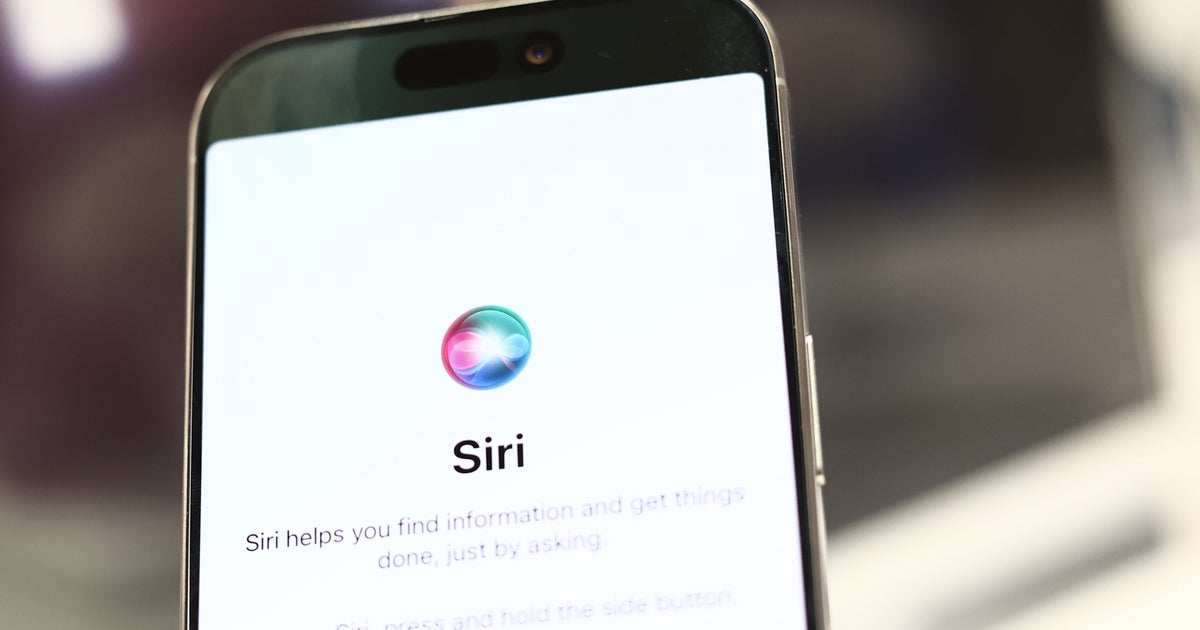Don’t Ignore This Email, It’s Not A Scam — Apple Might Owe You Money

On May 13, I got an email with the subject line “Lopez Voice Assistant Class Action Settlement” that I initially ignored as yet another spam message in my inbox.
“‘Lopez Voice Assistant Settlement Administrator’ sounds like a scam bot,” I thought as I read the name of the sender. But then my eyes widened when I saw what the legalese contained.
Advertisement
I, along with many others, are receiving notices from a legitimate settlement administrator because of a class-action settlement that claims Apple’s virtual assistant Siri may have been eavesdropping on our private conversations when it was not supposed to do so.
Apple does not admit to wrongdoing, but it agreed to a $95 million settlement earlier this year. As part of it, millions of Apple device users are now eligible to get their slice of this settlement pie. If Apple’s records indicate that you may be a member of the settlement class, you may have already gotten a notice about how to file a claim and receive a payment, like I did. But even if you did not, you could still be entitled to get money.
Here’s how to know if you could be eligible to file a claim and how.
Why are people getting money in the first place?
First, a little background on the yearslong legal battle of Lopez v. Apple: In 2021, a class-action lawsuit was filed that alleged conversations were obtained by Apple through Siri-enabled devices and were shared with third parties without users’ consent.
Advertisement
Apple’s Siri is only supposed to start listening to what you say with your consent using a trigger phrase like “Hey Siri.” But the lawsuit cites reporting from The Guardian, which alleged that Apple contractors regularly heard confidential information like conversations between doctors and patients and recordings of people having sex as part of their quality-control job. One of the whistleblowers in the article claimed that Apple Watches and the HomePod smart speaker were the most frequent sources of accidental recordings.
The class-action lawsuit claims recorded private conversations were then shared with advertisers in order to target ads toward the users. For example, the plaintiffs in the case said they mentioned specific brand names, including “Olive Garden” and “Air Jordans,” in private conversations when Siri was supposed to be turned off. They then claimed they got targeted advertisements for these products in Apple’s Safari browser and in third-party applications.
Apple settled the case but continues to deny any wrongdoing. HuffPost reached out to Apple about the lawsuit. The company previously has said in a statement about the settlement that Siri data “has never been sold to anyone for any purpose.”
Advertisement
Who is eligible?
If you noticed Siri turning itself on and listening when you did not intend to use it between Sept. 17, 2014, and Dec. 31, 2024, you could be eligible to submit a claim.
If you use Apple devices to make calls, watch TV, listen to music or do work, you likely are eligible. Eligible Apple devices include any Siri-enabled iPhone, iPad, Apple Watch, MacBook, iMac, HomePod, iPod touch or Apple TV.
How much money could I get?
You can get $20 for each Siri-enabled device you believe listened in on your conversations when you did not ask it to do so. You may claim up to five devices, or up to $100. In your claim, you will need to share if you want the payment by direct deposit or sent as a physical or electronic check.
Advertisement
When would I get the money?
Don’t expect to get any money until later this summer at the earliest. According to the lawsuit’s website, a court hearing to approve the settlement is tentatively scheduled for Aug. 1. “If there is no appeal, your settlement benefit will be processed promptly,” the settlement site promises.
How do I submit a claim?
Don’t get fooled by imposter sites. The official website for claimants to fill out the form is www.LopezVoiceAssistantSettlement.com.
If you got an email or postcard from the settlement administrator, this will contain your claimant identification code and confirmation code that can auto-populate fields and make it even quicker to file your claim.
Advertisement
If you didn’t get a notice, you can still file a claim but you’ll need to provide more specific information, like the serial numbers and models of your impacted Apple devices, and the email address associated with your Apple device. Better yet, if you provide a receipt or invoice that proves you bought a Siri-enabled device during the settlement’s timeframe, you won’t have to look up more information about those devices.
You won’t be required to share specific proof of how Siri listened to one of your conversations, but you will be asked to check boxes and swear the following under oath: from Sept. 17, 2014 to Dec. 31, 2024, you bought or owned a Siri device in the U.S. or its territories and enabled Siri on that device, and you believe you experienced an unintended Siri activation for a private or confidential conversation. If you file a fake claim, you might face perjury penalties.
You have until July 2 to file a claim, in order to receive this money, so don’t dilly-dally too long.
Advertisement

Comments are closed.